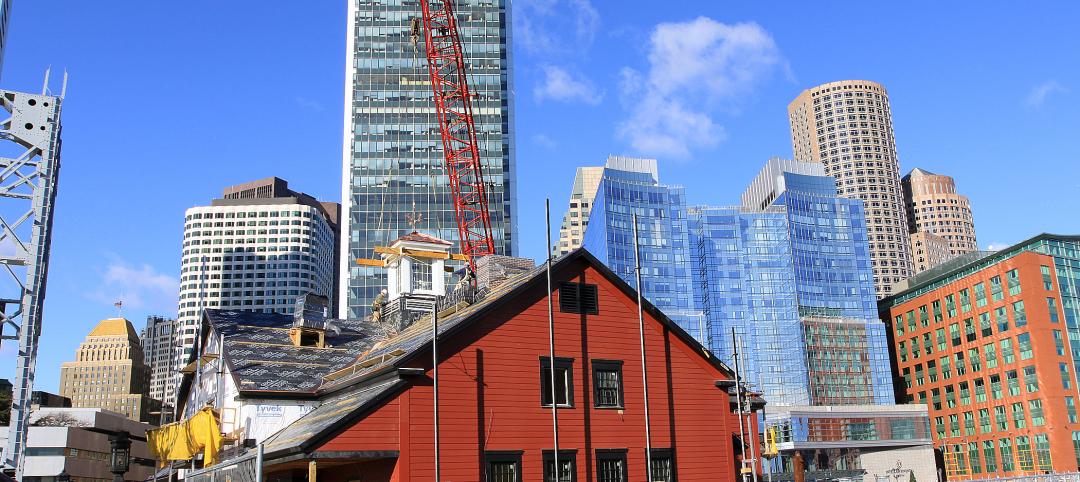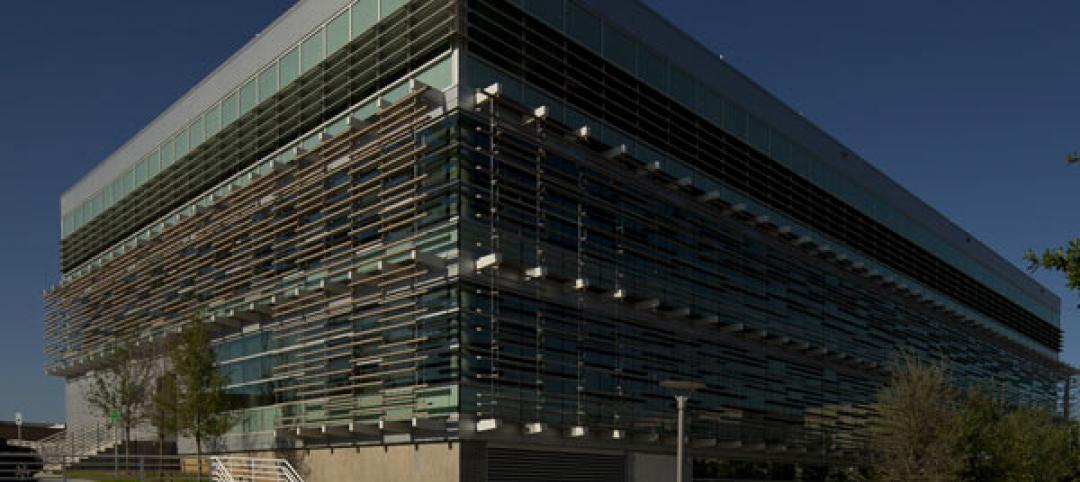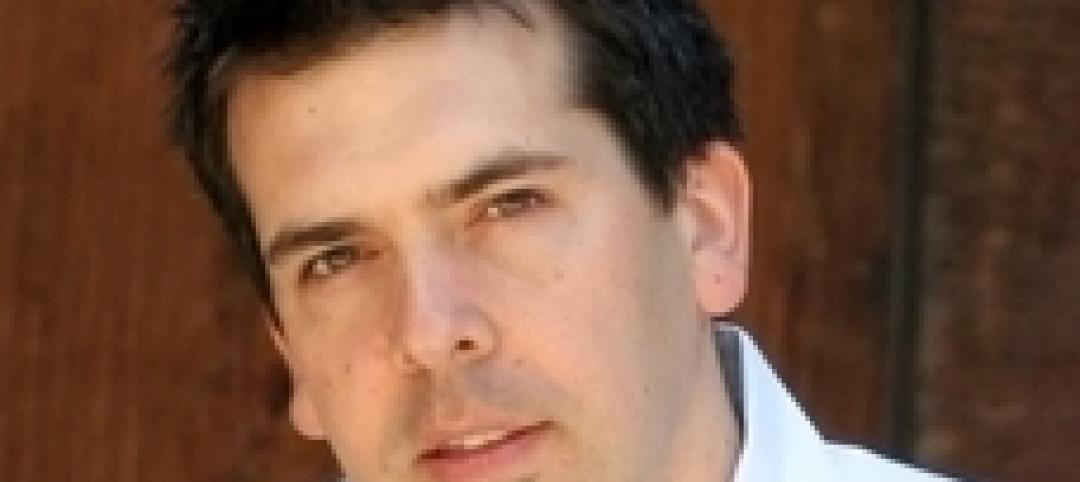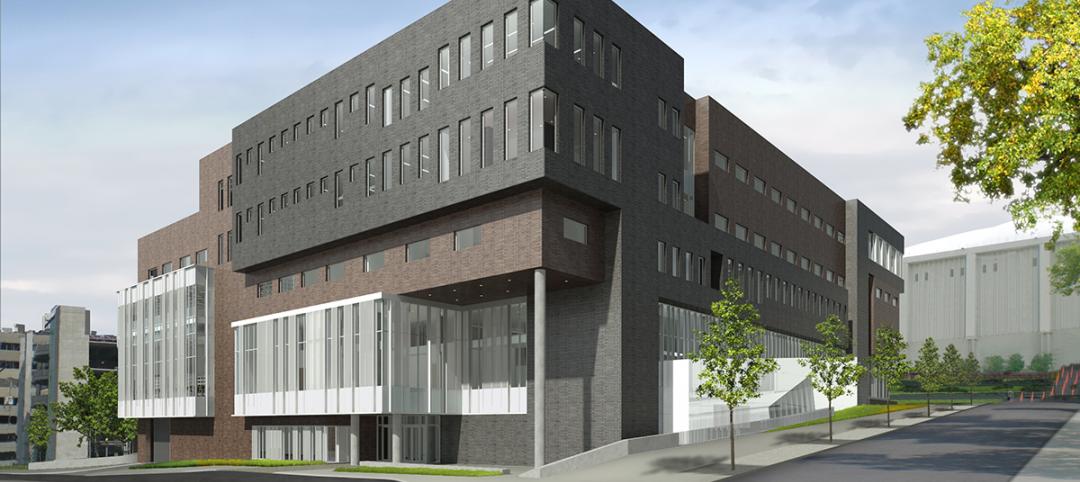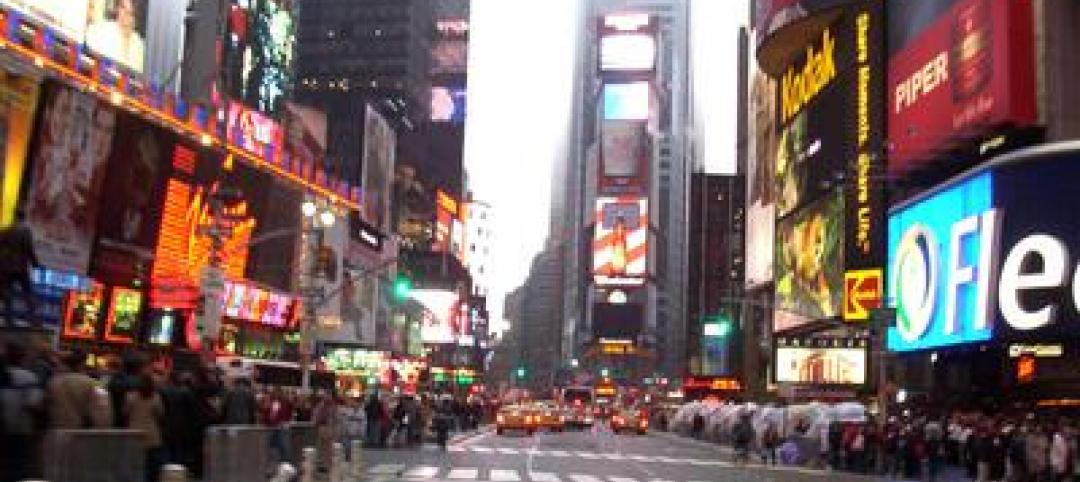AECOM and Van Alen Institute, with 100 Resilient Cities – Pioneered by The Rockefeller Foundation, recently announced four finalists for Urban SOS® 2017: hOUR City, a global student ideas competition that challenged multidisciplinary teams to connect more people in regions around the world to the opportunities found in contemporary cities.
An “hour city” radius — the distance people can travel in one hour — has historically defined the boundary of a city. However, with the forces of globalization and dramatic geographic, social and economic shifts affecting cities everywhere, the time has come to imagine new ways to connect people in suburban, rural and isolated urban communities.
The four finalist proposals and teams are:
Alternative Ways of Transportation, Bangkok, Thailand
Submitted by Wilaiwan Prathumwong, Perada Plitponkarnpim and Patcharida Sricome, all from King Mongkut's University of Technology Thonburi, the team developed a new, formalized multimodal pathway along one of Bangkok's many underutilized canals, connecting isolated residential communities to public transit.
The Healthy City, Oakland, California
Submitted by Vincent Clement Agoe, Derek Lazo, Serena Lousich, Mark Wessels and Sarah Skenazy, all from the University of California, Berkeley, the team connects communities suffering from high rates of chronic diseases (e.g., asthma, diabetes, etc.) to the physical spaces and resources of healthcare providers, using traffic calming, recreational opportunities and new transit options.
The Holding Project, Belfast, Northern Ireland
Submitted by Sean Cullen and Chris Millar from Queen’s University Belfast, the team proposes a joint-housing and economic development plan in central Belfast, tailored to young renters aged 18-35. On publicly-owned vacant sites, the team envisions new pre-fabricated micro-units that would save construction time and costs; tenants would set aside 20 percent of their monthly rent as savings.
New Suburban Living, Melbourne, Australia
Submitted by Lisa Ann Garner from Universität Der Künste and Lauren Garner from RMIT University, the team developed designs and a planning process for new types of housing in Melbourne's Middle Suburbs to address the region's housing shortage and better meet the needs of residents.
Launched in May, hOUR City invited students to tackle urgent transportation, housing or economic development challenges facing cities around the world and to create outcomes that promote equal access to opportunity. 86 teams entered, comprising nearly 300 students from 31 countries around the world and representing 114 unique academic disciplines.
"In our competitions, research and public programs, Van Alen develops solutions to create more equitable cities and communities," said Van Alen Institute Executive Director David van der Leer. "We're proud to guide tomorrow'sleaders to tackle urgent questions about suburban density, creating more affordable housing and connecting underserved communities to transit and jobs."
“We are excited to see the progress of the four finalists in the coming months,” said Michael Berkowitz, president of 100 Resilient Cities. “The work of building urban resilience often requires regional thinking — and the solutions and approaches these teams will uncover have the potential to create significant impact.”
The four finalist teams will now work with experts at AECOM, Van Alen and 100 Resilient Cities to further develop their proposals, and will present their ideas in Los Angeles before a final jury and live audience on January 23, 2018.
The 2017 challenge is the eighth in the Urban SOS® student ideas competition series founded by AECOM, a premier, fully integrated global infrastructure firm, and the third challenge hosted in collaboration with Van Alen Institute, a design nonprofit with a 120-plus-year history of organizing competitions and with 100 Resilient Cities – Pioneered by The Rockefeller Foundation.
Last year’s Urban SOS competition, Fair Share, challenged teams to combine design with the tools and technologies of the sharing economy to create more equitable access to resources, envision more sustainable built environments and enrich the lives of urban residents. The winning team, comprising students at Washington University in St. Louis, proposed reusing United States Postal Service (USPS) post offices in Los Angeles slated for closure and excess capacity within the USPS distribution network to collect, store and deliver surplus food to neighborhoods with limited food access. Team members include Irum Javed, Anu Samarajiva and Lanxi Zhang, students in public health, architecture/urban design and landscape architecture/urban design. The team is currently developing a pilot initiative to be implemented in Los Angeles later this year.
For more information about the finalists, including descriptions and images of the finalist proposals, click here.
Related Stories
| Dec 27, 2011
Suffolk Construction celebrates raising of Boston Tea Party Ships & Museum cupola
Topping off ceremony held on 238th Anniversary of Boston Tea Party.
| Dec 27, 2011
State of the data center 2011
Advances in technology, an increased reliance on the Internet and social media as well as an increased focus on energy management initiatives have had a significant impact on the data center world.
| Dec 27, 2011
USGBC’s Center for Green Schools releases Best of Green Schools 2011
Recipient schools and regions from across the nation - from K-12 to higher education - were recognized for a variety of sustainable, cost-cutting measures, including energy conservation, record numbers of LEED certified buildings and collaborative platforms and policies to green U.S. school infrastructure.
| Dec 21, 2011
DOE report details finance options for PV systems in schools
The report examines the two primary types of ownership models used to obtain PV installations for school administrators to use in selecting the best option for deploying solar technologies in their districts.
| Dec 21, 2011
AIA Chicago & AIA Chicago Foundation 2011 Dubin Family Young Architect Award announced
The Dubin Family Young Architect Award is bestowed annually and recognizes excellence in ability and exceptional contributions by a Chicago architect between the ages of 25 and 39.
| Dec 21, 2011
Few silver linings for construction in 2012
On the brighter side, nearly half of respondents (49.7%) said their firms were in at least “good” financial health, and four-fifths (80.2%) said their companies would at least hold steady in revenue in 2012.
| Dec 21, 2011
Hoboken Terminal restoration complete
Restoration of ferry slips, expanded service to benefit commuters.
| Dec 21, 2011
BBI key to Philly high-rise renovation
The 200,000 sf building was recently outfitted with a new HVAC system and a state-of-the-art window retrofitting system.
| Dec 20, 2011
Gluckman Mayner Architects releases design for Syracuse law building
The design reflects an organizational clarity and professional sophistication that anticipates the user experience of students, faculty, and visitors alike.
| Dec 20, 2011
Research identifies most expensive U.S. commercial real estate markets
New York City, Washington, D.C. and San Mateo, Calif., rank highest in rents.



